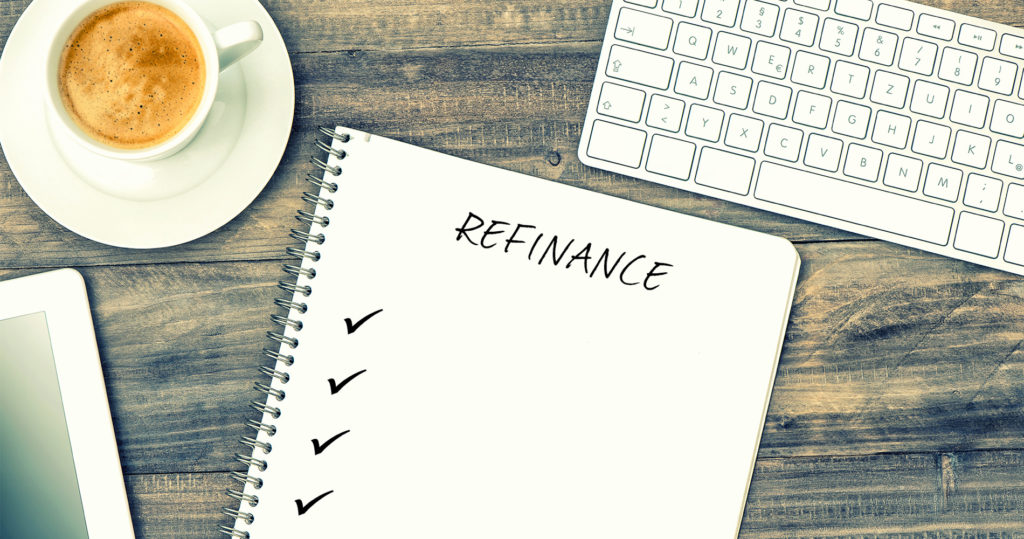What is “refinancing”? A quick glance in a dictionary will tell you that it means to finance something again. But if you want to know the full meaning of the word, you better move your eyes away from the dictionary and towards a financial advisor, because refinancing is much more than just repeating something that you did earlier.
Refinancing occurs when a business or a person pays off an existing loan with the proceeds from a new loan, which is usually the same size and using the same property as collateral. The old loan is thus replaced with the new one, offering different terms. Refinancing can be a time-consuming and expensive process. So why do companies and individuals do it? The answer is simple. It’s because of the following potential benefits:
1. Saving money
This is not only the first but also the best and most common reason to refinance. Businesses and individuals can refinance into a loan with a lower interest rate than the existing one. As a result, they save money on interest costs. In the case of long-term loans and large amounts of money, lowering the interest rate can bring in significant savings.
2. Shortening your loan term
If you have a 30-year home loan, you can refinance it into a 15-year one. This might be a good idea if you intend to make larger payments in order to get rid of the debt faster.
3. Improving cash flow
When you refinance, you can get lower interest rates or extend the time needed to pay the loan. Either way, you will be able to lower your monthly payments, making cash flow management a lot easier and leaving you with more money in your pocket for other expenses. But, be careful, simply extending the life of a loan means that you’ll end up paying more on the long term.
4. Consolidating debts
Turning multiple loans into one single loan can make it easier for you to keep track of payments and it might also make more sense if you can get a lower interest rate.
5. Changing the type of loan
With today’s economy the way it is, it’s definitely not a good idea to leave anything to chance. So, if you have a variable rate loan, you can refinance it into a fixed rate loan. This can prove very helpful if rates are low but could rise in the future.
6. Paying off a loan that’s due
Some loans have to be repaid by a specific date, but you might not always have the necessary funds available. In such cases, refinancing can help you pay off the current loan, while giving you more time to pay off the new one.










